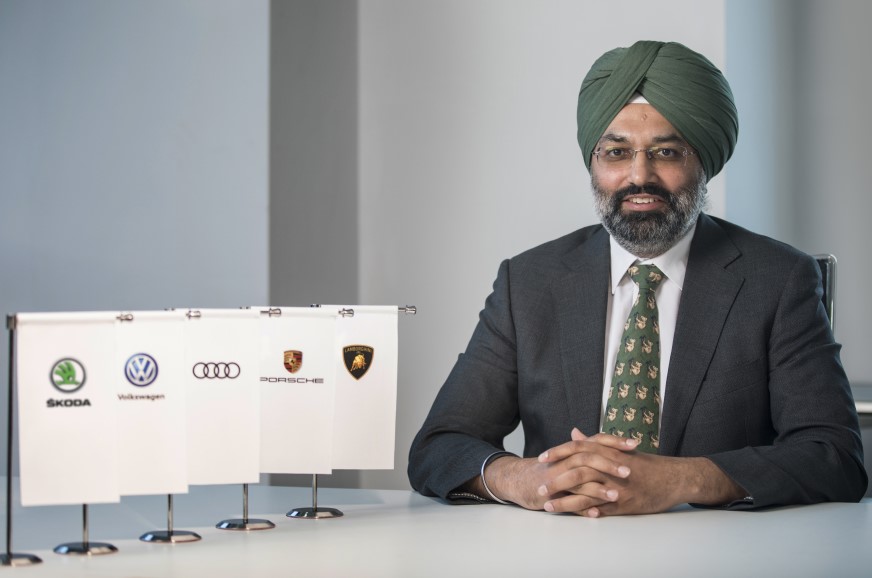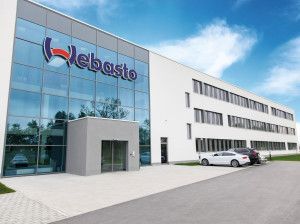Market recovery in India to be slower than in China: Skoda Volkswagen India boss

India has now been in full lockdown for well over a month as authorities try to contain the spread of the deadly novel coronavirus (COVID-19). The full economic impact of this full lockdown is as yet unknown, and will only be manifest in the months and years to come. What this lockdown has also dealt a body blow to is the automotive industry, which was already affected by weak buyer sentiment and an expensive transition to the BS6 era. While there is an indication car sales may be further hampered by the pandemic, some believe there will be an increase in demand for personal mobility. But the head of Skoda Volkswagen India believes India’s market recovery will be slow; and certainly slower than China’s, which has seen a spike in demand after the lockdown was lifted.
Speaking to Autocar India, Gurpratap Boparai, Managing Director of Skoda Auto Volkswagen India Private Limited (SAVWIPL), said recovery in the Indian auto market will be slower than that in China, owing to the severity of the lockdown.
“The lockdown in China was not as all-pervasive as it has been here. It was more severe in certain areas, less severe in other areas and even at the height of the lockdown, there were certain industries, certain zones that were continuing to work. So the hit to their economy was not to the same extent as ours. Also, the hit to smaller companies was a little less. In our case, I think the recovery will be significantly slower. Even though there are a lot of people saying that personal mobility will come to the fore – which is true – but will people be spending lakhs of rupees on a new car when they are not sure if they will still have a job? Thoughts like that will delay some of the buying,” Boparai said.
India’s auto sector hopes the government will lend it a helping hand in these trying times, and Boparai mentioned it will be important for the authorities to help stimulate demand as the health of the auto industry has a bearing on the economy.
“We know there is a need to stimulate demand and that’s true not only for the auto sector but also for all big-ticket purchases, consumer durables also. The auto sector has a far bigger knock-on effect on the rest of the economy, so I think amongst all these sectors in manufacturing, probably auto needs attention first,” said Boparai.
One of the measures the Indian auto industry has requested the government to consider previously is a reduction in the Goods and Services Tax (GST), but estimating the severity of the impact on the government’s revenue streams in the current scenario, Boparai opined a GST reduction may not be a feasible solution. In his view, the government could instead lower the cess levied on cars to help drive demand without harming revenues once the lockdown is lifted.
“We also have to be conscious of the resource limitation that the government has. Maybe a 10 percent GST reduction may not be possible, but then we also have significant levels of cess on cars. The cess could be reduced if GST reduction is found to be not feasible. Any reduction in taxes – whether it is in cess or GST – would lead to higher volumes. We have done certain simulations at SIAM which show that it would be largely revenue neutral. So an X amount of reduction in taxes will lead to a Y amount of increase in sales which effectively make it revenue neutral for the government and clearly it has a multiplier effect then on the economy,” Boparai added.
Skoda and Volkswagen have both lined up a number of new models for India. Before the lockdown was imposed, Volkswagen launched the BS6-compliant Polo and Vento, Tiguan Allspace and T-Roc. Skoda, too, is set to launch the Karoq, Superb facelift and Rapid 1.0 TSI as soon as the lockdown lifts, and both brands are set to launch all-new midsize SUVs developed under the India 2.0 plan, in 2021.
Also see:
2020 Volkswagen Polo GT TSI: Whats new?
Volkswagen, Skoda plants abroad resume production
Volkswagen launches online car buying service in India



No comments: